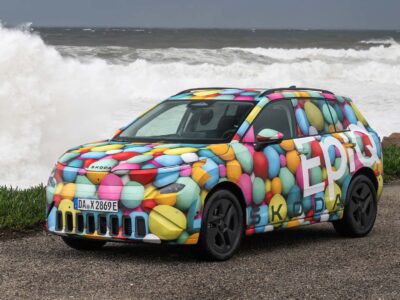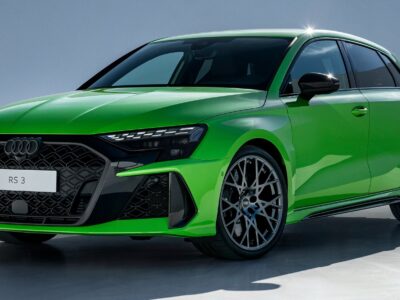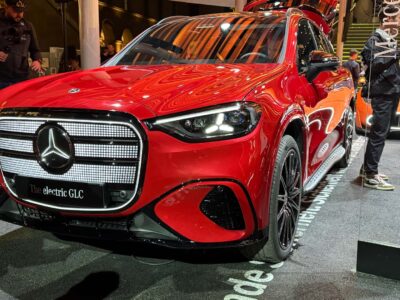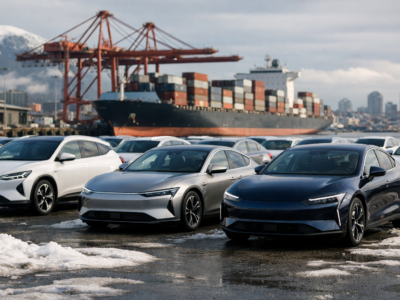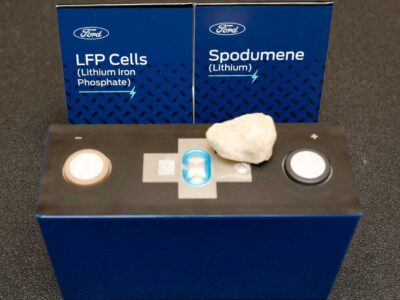
Hyundai has entered into a partnership with the U.S. quantum computing company IonQ to develop algorithms that could enhance the efficiency and performance of next-generation lithium EV batteries.
Founded in 2015, IonQ is a leader in trapped-ion quantum computing and has previously collaborated with Amazon, Microsoft, and Google to develop cloud-based quantum computing software.
At its simplest form, a quantum computer is a machine that performs a very specific type of mathematics to execute calculations, but it does so at speeds that theoretically cannot be matched by other computers.
IonQ’s quantum computers are distinct from other quantum computing systems as they use trapped ions, claimed to yield superior results compared to superconducting wires or crystalline silicon.
Given Hyundai’s existing knowledge of EV batteries, IonQ’s quantum computing is expected to bring improvements in charge and discharge cycles, as well as enhancements in durability, capacity, and safety.
The companies claim to be developing “the most advanced battery chemistry model ever created on quantum computers.”
They also state that they are laying the groundwork for creating higher-quality batteries by simulating and controlling their chemical reactions more precisely.
Hyundai suggests that this battery research could potentially lead to a new source of materials, saving production time and manufacturing costs.
“Battery efficiency is one of the most promising emerging areas where quantum computing can make a difference,” said Peter Chapman, CEO of IonQ. “We are delighted to work with Hyundai Motor Company on this project to make electric vehicles a primary means of transportation worldwide.”
This new partnership with IonQ is deemed a “crucial component” of Hyundai’s 2025 Strategy goals, which include global sales of 560,000 EVs annually and the introduction of over 12 battery electric vehicle (BEV) models.
Hyundai has previously announced plans to achieve carbon neutrality by 2045.
The current lineup of Hyundai’s BEVs includes the Ioniq Electric, Kona Electric, and Ioniq 5.
Additionally, Hyundai has invested in hydrogen fuel cell technology for over 20 years. The company launched its first dedicated hydrogen SUV, the Nexo, in 2018, which arrived in Australia for fleet use in 2020.
Hyundai’s upcoming hydrogen-powered models include the next-generation Nexo and a Multipurpose Vehicle (MPV) set to be announced in 2023, along with a large SUV planned after 2025.



